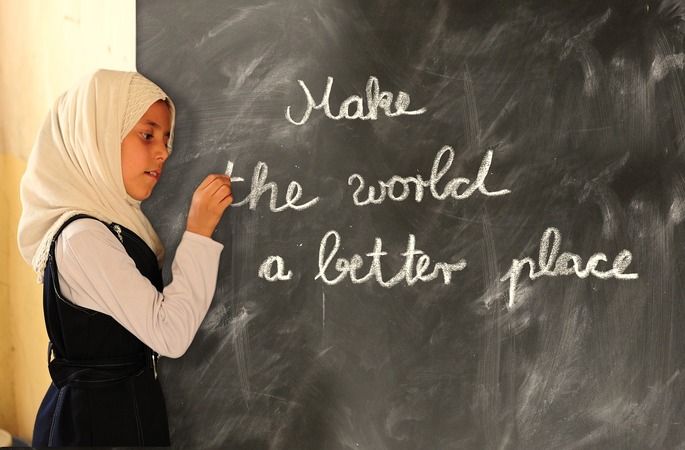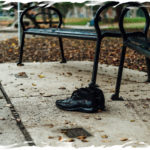While the Covid19 struck, it changed the world for many of us. But the situation of isolation and social distancing did not bring much agony and shock to the already marginalised segments of our society, for instance, the transgender community.
The excluded communities in our society spend their lives within a limited social circle, as a result of the isolation they are experiencing for ages. As an educationist, I believe the indifference that we demonstrate towards the pain and life struggles of marginalised individuals is mainly the result of a faulty education system that has failed to inculcate in students the fundamental human values of compassion, kindness, tolerance, and empathy.
Experts debate how the pandemic has provided the world with an opportunity to revisit their lifestyle, life goals and priorities, and the world leaders to reevaluate their policies.
However, what remains unaddressed is the need for reassessing our conduct and interactions with the disadvantaged groups of our society. The months of social isolation have provided the masses with a chance to realise the distress some have been experiencing all their lives due to limited opportunities for social interactions and establishing human connections.
While policy-making changes are significant to transform the world into an all-inclusive one, what I am more concerned with is the lack of understanding that we collectively exhibit towards these communities. By making zero efforts to understand their everyday struggles, and by failing to help make life easier for them, we evade from our responsibilities.
The role of education remains crucial in this regard. The educationists and the curriculum developers need to revisit their education policy, learning objectives, course contents, and inculcate the element of empathy, and tolerance in the curriculum.
During the months of lockdown, we have seen our youth expressing their frustrations and their social needs, and the desire to connect with their friends and loved ones. It is time when teachers can instil in their students, the ability to understand and relate to others, especially the disadvantaged segments of society. They can make them think about those individuals who need to connect and form meaningful relationships are never met due to the social stigma attached to them.
As humans, we all crave friendship, companionship, and social recognition. While these things come easily to us during normal circumstances, often the marginalised communities struggle to become a part of the mainstream society due to an unjust and unequal social system that remains ignorant towards their basic needs.
Sadly, the education system in Pakistan is only producing individuals who believe that exceptional test scores, and securing admission in a well-reputed institute defines success.
We, as a society, have failed to understand that education has a much bigger purpose, and that is to make individuals better humans.
Striving towards a purpose is only possible through integrating the element of global awareness in our curriculum. When individuals are well-informed and conscious of the sufferings of others, they are more likely to develop empathy and contribute to the betterment of society.
It is time to help connect our students with a diverse group of individuals and to teach them to collaborate, accept, respect, and celebrate the diversity that exists around them. Educationists and teachers in our country need to promote tolerance, empathy, and inclusiveness. This can be achieved through developing extensive reading habits among their students and instilling in them the ability to question beliefs, ideas, and practices.
They also need to provide enough exposure to their students so that they are aware of the lived experiences of individuals with varying backgrounds, religion, socioeconomic status, ethnicities and gender. It is time to promote diversity, justice, and acceptance for different individuals within and beyond classrooms.
Instead of following and promoting a culture of cramming and qualifying exams based on obsolete ideas, our education system needs to be directed towards building social-emotional skills among our youth. We are thus fostering an environment of critical thinking, dialogue, and reflection within classrooms.
Teachers have a significant role in shaping an individual’s perspectives, and in empowering them to raise their voice and show concerns against the violent and discriminatory practices that exist in our society.
One way of integrating the relevant life skills in our curriculum is by referring to and learning from different curriculum and classroom practices around the world. For instance, we can refer to Japan’s policy of integrating SDGs (Sustainable Development Goals- UN) in education. Specifically, we can consider introducing the SDG 4.7, which is based on introducing holistic learning by integrating cognitive, behavioural and socio-emotional dimensions in the curriculum.
It is time to revisit and revamp our obsolete education system which would require collective efforts from all stakeholders; curriculum developers, teachers, students, and a broader community of parents.
Since we are social beings, it is imperative to know and understand each other, for which we need to promote a learning environment based on collaboration, cooperation, and coordination.
It is time to learn that what connects all of us is raw human emotions and values, which is beyond all the labels and social norms which have resulted in dividing humanity across the world.



